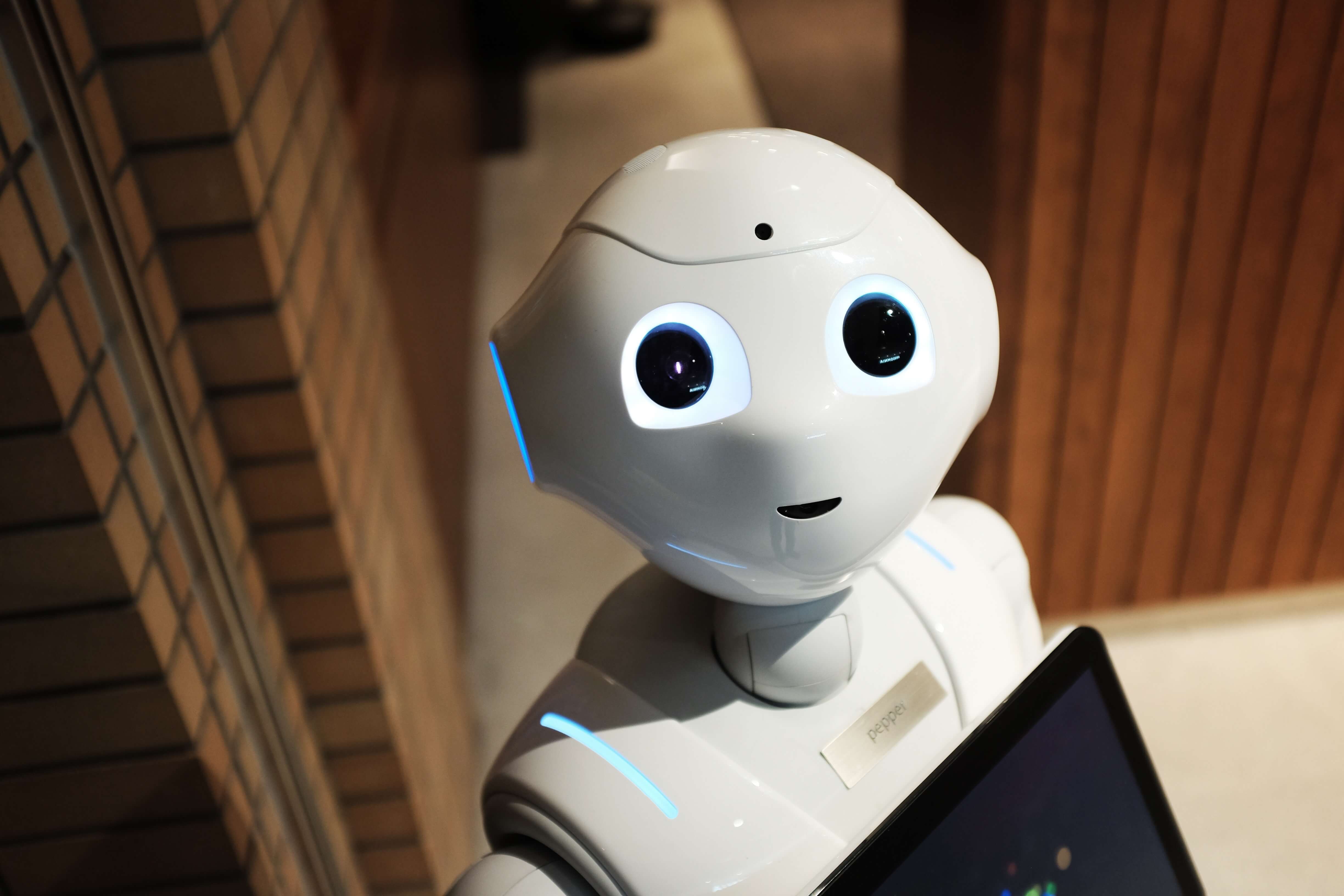Science and Medicine
Assistance to patients suffering from dementia: the help of technology
18 December 2018
| Written by La redazione
In the last 26 years, the number of people with dementia has grown by 117%, with a large increase in costs for assistance. What will the contribution of technology be?
The number of people with dementia in the world has more than doubled in the last 26 years. It is the content of a study conducted by an international research group, the Gbd 2016 Dementia Collaborators. The Lancet Neurology has published the results of the research. Dementia, which has among its most common and widespread forms Alzheimer, has an increasing incidence on the population and the trend does not seem destined to stop due to the ageing of the population and the increase in life expectancy. Patients suffering from these conditions need constant assistance, which weighs heavily on the health system and household coffers. Soon, however, technology could offer important help.
The numbers of dementia. "If the trend remains unchanged, according to a 2015 report by the World Health Organization, by 2050 there will be around 131 million people with dementia in the world". This is what Francesco Tamagnini, assistant professor of Pharmacology at the University of Reading - Reading School of Pharmacy and specialized in research on Alzheimer's, told us at in an
interview for Impactscool Magazine a few months ago. The new data released on The Lancet Neurology underline this trend: in 1990, in fact, there were about 20 million patients with dementia, while in 2016 the number is more than double, rising to 43.8 million. This, in addition to a social cost, also has a strictly economic cost. "Patients with dementia," Tamagnini said during the interview, "contrary to what happens with those who contract other diseases, have a decidedly longer life expectancy: dementia does not kill. This implies an economic impact on the health system, but also for families, which is enormous, because it develops over decades. The public health spending in the world for dementia, according to the report, will, in fact, be 2 trillion dollars by 2030 ". How to reverse the trend? While on the one hand scholars from all over the world are continuing their research to improve diagnostic systems and approach a cure, on the other hand, technology could offer great support for the welfare aspects.
An intelligent robot for assistance. A model roommate, ready to help patients, understand their needs and able to establish an empathetic relationship, almost "human", with the assisted. This is the robot developed by the researchers of Prisca, research centre of the Federico II University of Naples. It is an upgrade of the Pepper robot, much loved by the Japanese, and is equipped with cameras and sensors that allow it to recognize people and monitor their movements. In addition, thanks to algorithms, it is able to learn about the mood and habits of people, noticing if something is wrong: for example, it signals the patient to take medicines, reminds him to drink and eat and will even try to entertain the patient if it sees him sad. The humanoid robot is part of a project presented at the "Artificial Intelligence and Health" conference held at the National Research Council, CNR. The trial was conducted with 30 patients and in January 40 robots will be entrusted to as many volunteers who, living with them, will test their real skills.
In these days, Google CEO Sundar Pichai said that concerns about artificial intelligence are valid if precise and stringent rules are not applied. In the case of this assistant robot, however, the benefits seem greater than the risks.
La redazione
Last post by La redazione






